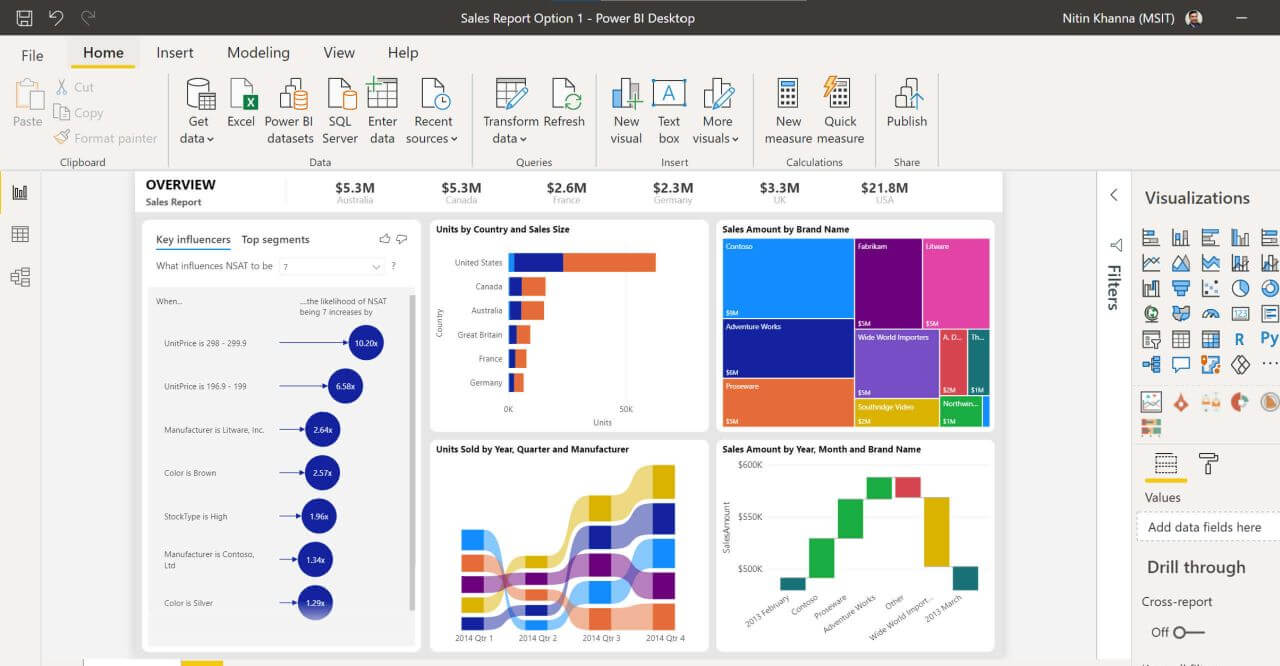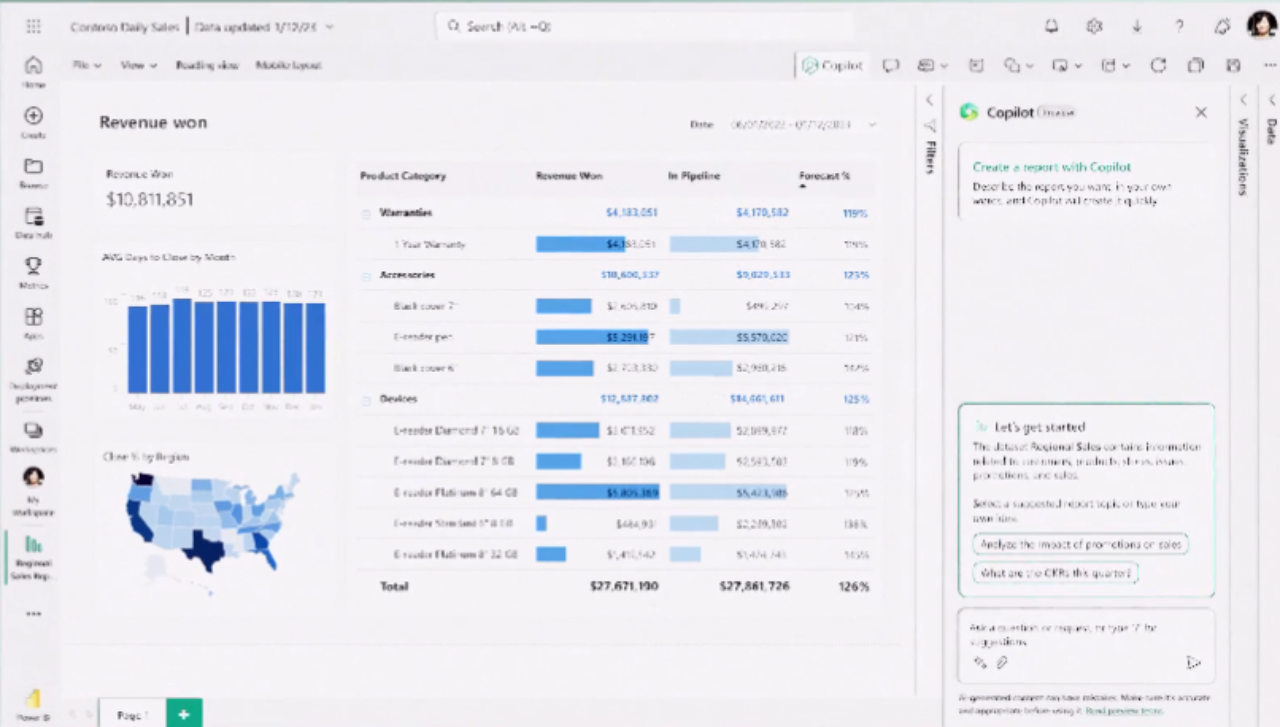Data security are big issues these days. In fact, we’re seeing more small and midsized enterprises (SMEs) asking questions like:
- My staff are all on Cloud and mobile devices. How can I be sure our company’s data stays protected?
- If something unexpected happens (like a fire), how can we keep our downtime and costs as low as possible?
- How can we keep up with all these changing compliance regulations?
And they’ve every reason to be concerned. In one IBM study, researchers found that the consequences of data loss go far beyond just financials. Think privacy breaches which ruin stakeholder confidence. Or intellectual property losses that damage long-term competitiveness.
That’s why more SMEs today are seeking solutions to avoid data losses. Some keep everything stored in-house. Others spread their critical data across multiple office locations to mitigate potential losses. But in the long-term these approaches often result in increased operational overhead. And in cases of poorly setup infrastructure, this actually amplifies risks of breaches and loss.
So how can a SME with limited budget get the data protection they need while minimizing unexpected disruptions? Here are three ways we’ve helped SMEs by using Microsoft’s enterprise-grade protection:
#1 Affordable Backup That’s Easily Available When Needed
To consistently have online and offline access to your latest files, you’ll need to ensure your files are synchronised across your devices. You’d also want fast data backup and easy retrieval for protection against uncertainties.
Microsoft Azure does an excellent job at this. It automatically backs up critical information in your SQL server databases to their worldwide datacenters using encrypted backup files. It also grants you the ability to restore your backup to the Cloud if your main servers are unavailable, so you can retrieve your critical data when you need it.
In addition, Microsoft’s Azure Backup service is highly scalable and secure, with up to 99 years of data retention. Great for compliance and for keeping the legal eagles happy.
#2 Staying On Track When the Unexpected Happens
Key for data protection is the assurance that you’re open for business – even when the unexpected happens. You’d also want the confidence that your company isn’t compromised when an employee’s mobile device or laptop is stolen.
Microsoft’s Azure Site Recovery provides an automated disaster recovery solution in the Cloud. It’s affordable, and helps you get your business running again in mere minutes.
And with Microsoft’s Enterprise Mobility Suite (EMS), you can remotely wipe critical data from a lost mobile or laptop, so your company’s information stays safe. You can even sync your data and settings to a new Windows device to get your processes back and running quickly.
#3 Reducing Accidental Risks with User-friendly Compliance
Sometimes accidents happen. You can offer your users the best software training in the world and they’ll still make a mistake or two on occasion (it’s part of being human).
So to help maintain compliance among your users, Microsoft includes various best practices embedded in their software. For example, Microsoft’s Office 365 has controls like Data Loss Prevention (DLP) Policy Tips that triggers an alert when sensitive information is about to be sent via email. There is also ongoing PC and device compliance with the latest Microsoft software to ensure your organization meet the latest industry and regional certifications.
And when it comes to your business in the Cloud, Microsoft Azure and Office 365 are independently verified to meet a broad range of country and industry compliance requirements.
In short, you can worry less about unexpected events, and focus on what really matters in your business. Check out our supporting network and hardware services, and learn how you can safeguard your business with affordable, enterprise-grade protection.



